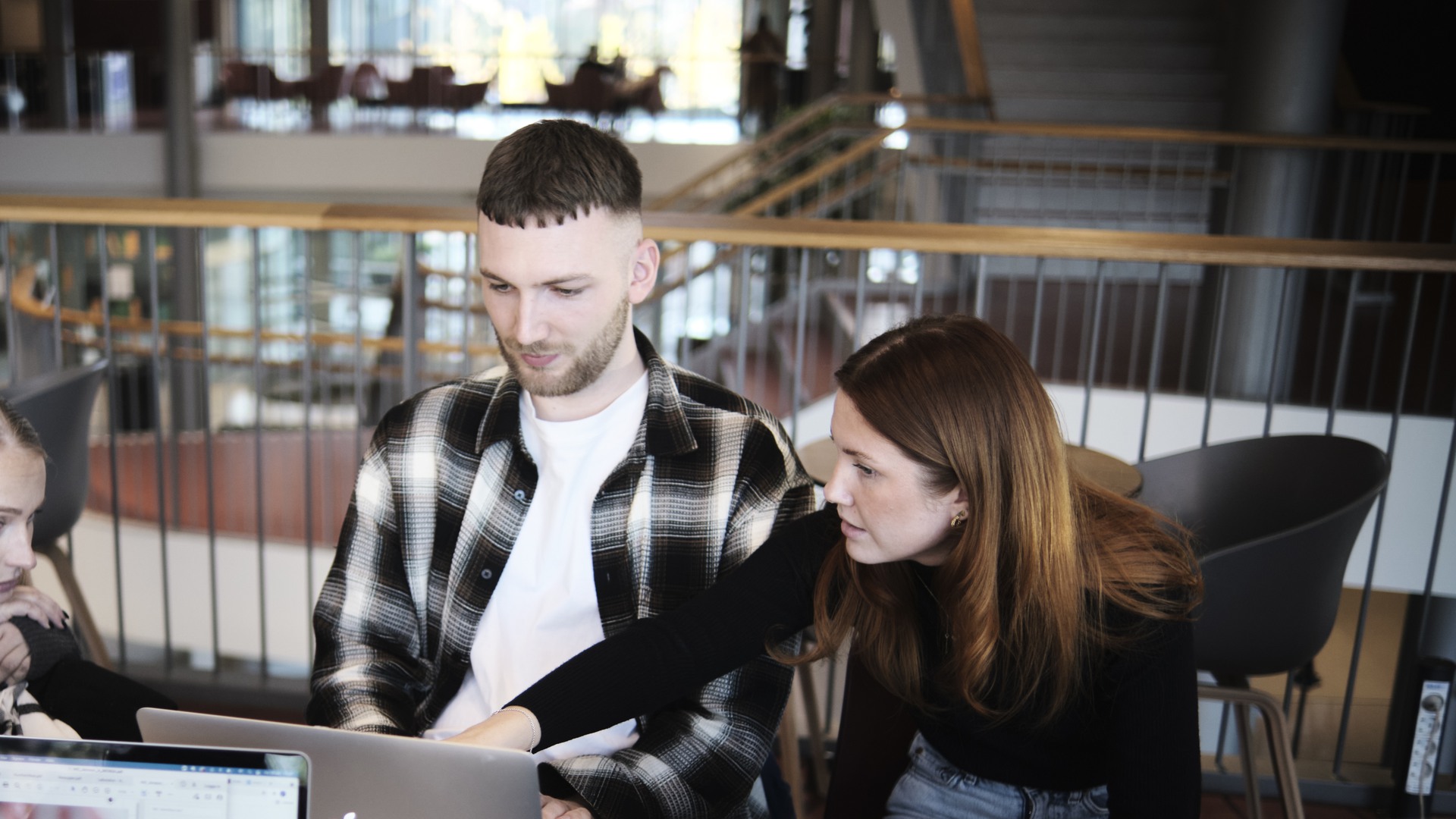European Studies I: Europe as a Field of Knowledge - Politics, Cultures and Societies from the Past to the Present
International students
International students
About the course
Course content
The aim of the course is the following
1\. To provide basic knowledge of, and critical perspectives on the political, cultural and societal development of Europe temporally and spatially, including the formation and development of the European Union (EU)
2\. To provide and develop basic knowledge about European Studies as a field of knowledge; concepts, theoretical frameworks and approaches to investigating Europe scientifically
3\. To provide basic knowledge of different forms of intellectual, philosophical and artistic expressions that have been formed in Europe, contributed to forming and critically mirroring Europe, from the Enlightenment until the 20th century
The course is divided into three modules:
1\. Introduction to the scientific study of Europe, and Europe as an idea and concept 7,5 hp
This module introduces the thematic base of European Studies at Malmö University and supplies a historical overview of Europe as an idea and ideas about Europe. Central concepts dealing with state, region, nation, relations between states, and different perspectives on the organization of European space, are introduced.
The course also introduces and trains basic abilities for academic studies and research, such as source criticism, literature search, scientific writing and reading.
The course examines learning outcomes 1, 2, 3, 6, and 8
2\.European histories – cultures, societies, political thinking and organization, 15 hp
This module is divided into three tracks that partly run parallel.
Track 1: constitutes a critically reflective overview of European history. It focuses on processes internal to Europe, as well as on mutual influence between Europe and other parts of the world, with central themes such as colonialism, imperialism and migration.
Track 2: focuses on the general development of political thinking and philosophy in Europe, with special focus on some central themes and critique within this development.
Track 3: focuses on different forms of artistic expressions that have been formed over time in Europe, contributed to forming and critically mirroring Europe.
The course examines learning outcomes 4, 5, 7 and 8
3\. History and theory of European integration and the formation and development of the European Union after 1945, 7,5 hp
This module aims to provide basic knowledge and understanding of the process of European integration, its origins and development with focus on the formation of the European Union after 1945, how internal and external cooperation and conflicts shaped this process and how the political system of the European Union is constructed. The module also gives an introduction to theories of integration and divisiveness in Europe, and a critical analysis of such processes with the help of relevant theoretical perspectives.
The course examines learning outcomes 8, 9 and 10
Learning outcomes 11, 12, 13, 14 and 15 are examined during all three modules.
Entry requirements and selection
Entry requirements
General entry requirements + English 6 and Civics 1b or Civics 1a1 +1a2.
Selection
34% Upper Secondary Grades - 34% Swedish Scholastic Aptitude Test (SweSAT) - 32% University Credits
Course literature
Current literature list is available in the syllabus for the course
Course evaluation
Malmö University provides students who participate in, or who have completed a course, with the opportunity to express their opinions and describe their experiences of the course by completing a course evaluation administered by the University. The University will compile and summarise the results of course evaluations. The University will also inform participants of the results and any decisions relating to measures taken in response to the course evaluations. The results will be made available to the students (HF 1:14).

